
THANK YOU TO Martha White; White Literary, LLC and ICM Partners; and the heirs of Edmund Ware Smith for allowing the publication of these epistles. Thank you to Torie DeLisle for her enthusiasm in getting this project started. Thank you to Emily Meader for painstakingly transcribing and researching their contents. Thank you to Kathy McLauchlan, Skidompha Library staff genealogist, for inspiration and historical perspective. And thank you to Pam Gormley, Skidompha Library executive director, for recognizing the merit of a crazy idea. Thanks, also, to Jennifer Bunting for publishing advice and editorial guidance, and to everyone at Down East Books for their efforts to make this book a success.
Skidompha Library has been serving its community in Damariscotta, Maine, since 1882.

Published by Down East Books
An imprint of The Rowman & Littlefield Publishing Group, Inc.
4501 Forbes Blvd., Ste. 200
Lanham, MD 20706
www.rowman.com
Distributed by NATIONAL BOOK NETWORK

Published in partnership with Skidompha Public Library
184 Main St, Damariscotta, ME 04543
www.skidompha.org
Copyright 2020 by Skidompha Public Library
Introduction 2020 by Martha White
E. B. White letters and The Hen: An Appreciation White Literary, LLC, reprinted with permission.
Goodbye to Forty-Eighth Street from Essays of E. B. White ; copyright 1956 by E. B. White; originally appeared in the New Yorker ; used by permission of HarperCollins Publishers.
Summer Hazard, The Outermost Henhouse, and letters of Edmund Ware Smith reprinted with permission of the Smith family.
All rights reserved . No part of this book may be reproduced in any form or by any electronic or mechanical means, including information storage and retrieval systems, without written permission from the publisher, except by a reviewer who may quote passages in a review.
British Library Cataloguing in Publication Information Available
Library of Congress Cataloging-in-Publication Data
Names: White, Martha, 1954 December 18 writer of introduction. | White, E. B. (Elwyn Brooks), 18991985. Correspondence. Selections | Smith, Edmund Ware, 19001967. Correspondence. Selections
Title: Chickens, gin, and a Maine friendship : the correspondence of E. B. White and Edmund Ware Smith / introduction by Martha White.
Description: Camden, Maine : Down East Books ; Damariscotta, ME : Skidompha Public Library, [2020] | Includes a selection of works by E. B. White and Edmund Ware Smith along with their correspondence. | Summary: During the 1950s and 1960s, writers E. B. White and Edmund Ware Smith carried on a long correspondence. Introduced by Whites granddaughter, Martha White, these letters show their first formal communications, their chummy middle years, right up to the death of SmithProvided by publisher.
Identifiers: LCCN 2019059482 (print) | LCCN 2019059483 (ebook) | ISBN 9781608937325 (hardcover ; alk. paper) | ISBN 9781608937332 (e-book)
Subjects: LCSH: White, E. B. (Elwyn Brooks), 18991985Correspondence. | Smith, Edmund Ware, 19001967Correspondence. | Authors, American20th CenturyCorrespondence.
Classification: LCC PS3545.H5187 Z48 2020 (print) | LCC PS3545.H5187 (ebook) | DDC 816/.5208dc23
LC record available at https://lccn.loc.gov/2019059482
LC ebook record available at https://lccn.loc.gov/2019059483
 The paper used in this publication meets the minimum requirements of American National Standard for Information SciencesPermanence of Paper for Printed Library Materials, ANSI/NISO Z39.48-1992.
The paper used in this publication meets the minimum requirements of American National Standard for Information SciencesPermanence of Paper for Printed Library Materials, ANSI/NISO Z39.48-1992.
Contents
Guide
THE STORY YOU ARE ABOUT TO READ is made only more remarkable by the fact that these letters almost didnt see the light of day. This correspondence between the writers E. B. White and Edmund Ware Smith was generously given to Skidompha Library in Damariscotta, Maine, by E. B. White in 1980, upon the death of Smiths widow, who had lived near the library.
Recognized by the library board as the rare and precious gift that they were, the letters were immediately put under lock and key in the vault of a local bankand then promptly forgotten. They might be there still if not for the industrious cleaning efforts of bank staff, who discovered and returned several boxes of historical documents to the library in the fall of 2018.
When I first opened the box containing these letters, I thought it was some kind of joke. No one just finds unknown material from one of Americas best-known essayists at a small-town library in Maine. And yet here they were.
As I began reading and the two mens correspondence unfolded, I was completely taken by their affection for place (both were transplants to the rugged beauty and idiosyncrasies of Maine) and the warm friendship between them. These menboth literary titans in their own righthad developed a connection through common interests and experiences that start in the formal and round out into the deeply familiar. Here was something not only of another time but also unique. These letters were indeed a rare and precious gift, and the time had come to share them.
I hope that you enjoy their correspondence as much as I did.
Torie DeLisle,
Skidompha Library
IF YOU WERE DOING A STUDY in similarities between E. B. White and Edmund Ware Smith, you could start with words like author , outdoorsman , amateur husbandman , keen observer , and that lifelong Maine designation of being from away. They both moved to Maine mid-career, spent time in Florida but found it wasnt for them, and escaped their offices for the great outdoors as often as possibleWhite to the Belgrade Lakes and Penobscot Bay and Smith to a log cabin he and his wife built on a lake north of Katahdin and then to Damariscotta. They were birdwatchers, canoeists, small-flock poultrymen, and gin drinkers, and they both enjoyed making things out of wood. They were happily married, enjoyed a good county fair, and preferred houseguests to be of short duration.
Edmund Ware Smith was a natural storyteller and often based his stories on fictionalized versions of the many hunters, fishermen, game wardens, and outdoorsmen he knew, including Jakes Rangers from the Damariscotta area. Their exploits were bigger than life, raucous, and generally told in regional vernacular. My grandfather wrote stories but did not voice them. His prose was spare, more formal in grammar and diction, and he was largely an armchair sportsman (although he might pick up a gun if there was a predator at the henhouse, and he enjoyed a fishing rod in a canoe well into his eighties).
Describing his book Woodsmoke from Old Cabins , Smith wrote, In all men in some degree the wilderness wish exists, however hidden in the haste and habit of the world we make. For me, this wish is symbolized and fulfilled by log cabins I have known, built or lived in. I am thinking especially of certain remote cabins sequestered on the banks of rivers or the shores of little-known lakes. For my grandfather, that cabin would have been the one he wrote about in Once More to the Lake, about his boyhood summers in (and his later return to) the Belgrade Lakes. He was also a fan of Henry David Thoreaus cabin on Walden Pond, and many of his letters (including some of those collected in Letters of E. B. White ) were written in a similarly austere boathouse on his shore in Maine. Clearly, both Smith and White shared that wilderness wish and enjoyed reading accounts of those who pursued it.
Next page

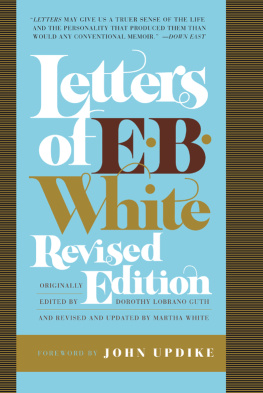
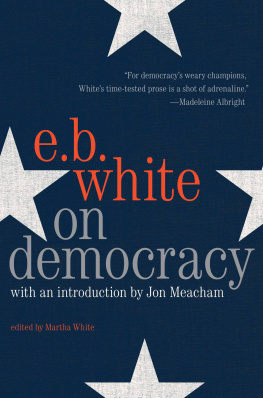
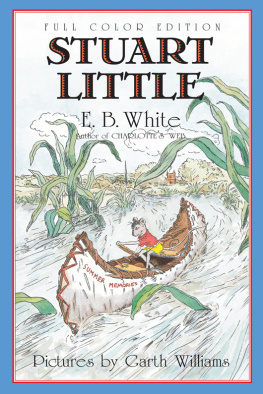
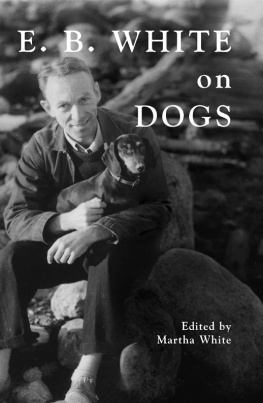

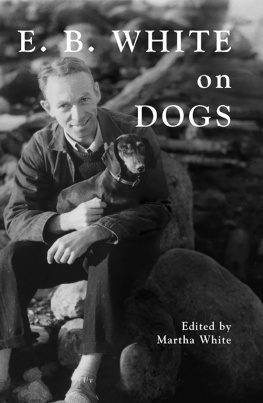
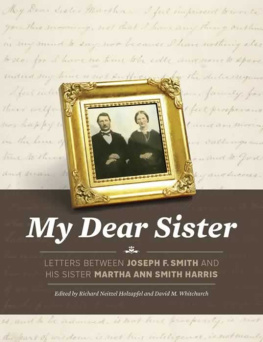

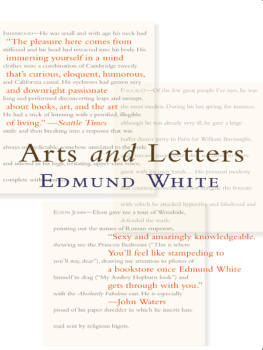
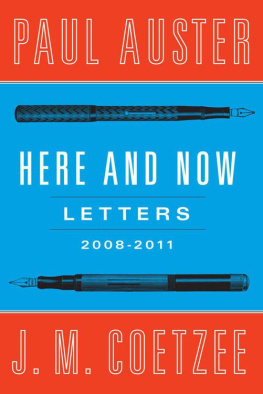
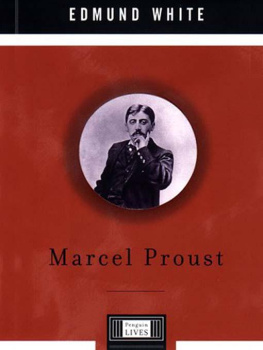



 The paper used in this publication meets the minimum requirements of American National Standard for Information SciencesPermanence of Paper for Printed Library Materials, ANSI/NISO Z39.48-1992.
The paper used in this publication meets the minimum requirements of American National Standard for Information SciencesPermanence of Paper for Printed Library Materials, ANSI/NISO Z39.48-1992.